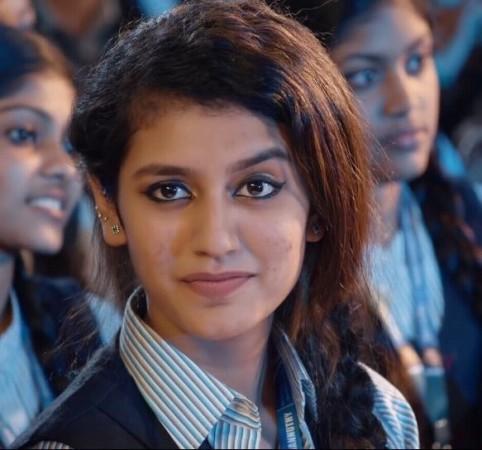
Every now and then, a commoner finds himself turning into a celebrity overnight on social media after their photograph or video is shared on the internet. Remember, the tea-seller with blue eyes in Pakistan or Priya Prakash Varrier with her wink had similar paths to fame.
The latest to join this club is a girl who was cheering for Royal Challengers Bangalore in their last game of IPL 2019 against Sunrisers Hyderabad. Once the camera panned to her during the course of the game, the internet went gaga over the young lady and started to enquire about her identity.
And soon, it was known that the girl in question is one Deepika Ghose. The lady dubbed 'RCB Girl' saw and astronomical increase in the number of her Instagram followers, which reached 150,000 in no time.
Is it correct?
We don't know as of now how she is reacting to her sudden attainment of celebrityhood. But there is a larger moral question posed by this repeated phenomenon. Is it correct for men to start searching for the identity of a girl they saw on television or internet just because she happens to be beautiful?
Doesn't this reaction come dangerously close to the act of stalking? How would we feel if a man saw a woman walking down the road and became curious to know who she is and started scouring the net to find her identity? It is likely that the person is going to be dubbed a 'creep.' So, why should the exact same thing be acceptable online?

But there is one thing that can be said in defence of those who succeeded in finding the name of this girl. It's not just women who have been at the receiving end of such curiosity. The Pakistani tea-seller is a case in point. He even ended up getting endorsement deals which must have been of great financial help.
Besides, why should we bother if the person concerned does not have a problem with it? The famous wink of Priya Prakash Varrier made her a household name all over India, beyond her home state of Kerela and she may end up getting Bollywood movies as well. For her, it was great publicity and could help her become even more successful in her career.
But there is a serious danger in normalising this kind of hunting for pretty faces on the internet. If it is considered absolutely kosher to search for the identity of a girl, or for that matter a boy, on the web just because they are pretty, isn't the logical extension of it stalking in real life? Isn't there a danger that some men may think that if it's okay to chase a girl (figuratively) on the net, it is also okay in the real world? Such questions need to be raised continually so that we do not, even inadvertently, normalise perversity.









!['Had denied Housefull franchise as they wanted me to wear a bikini': Tia Bajpai on turning down bold scripts [Exclusive]](https://data1.ibtimes.co.in/en/full/806605/had-denied-housefull-franchise-they-wanted-me-wear-bikini-tia-bajpai-turning-down-bold.png?w=220&h=138)



